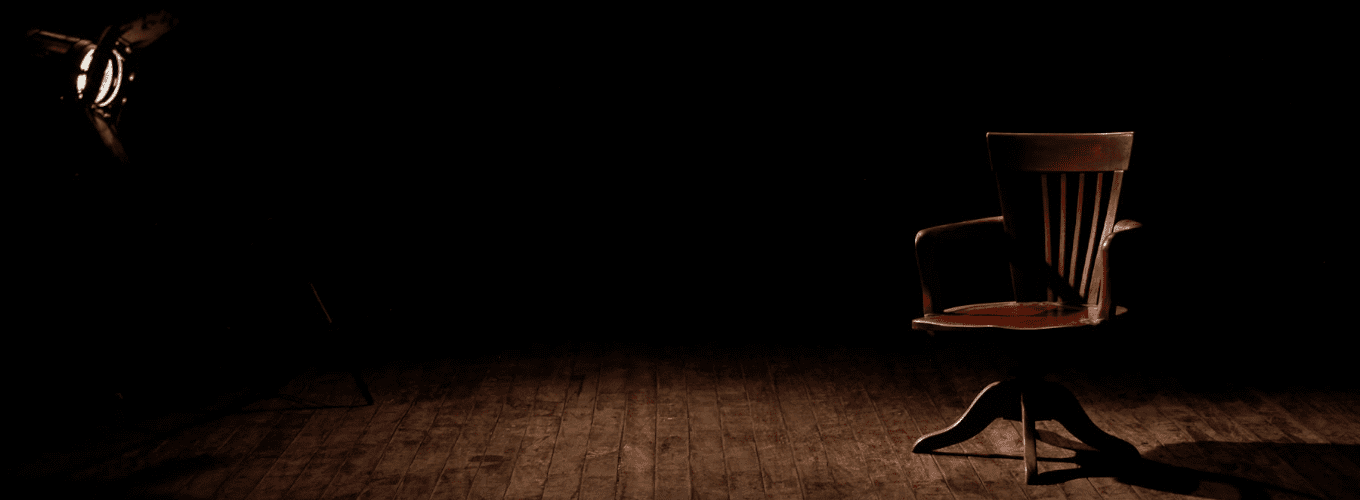
Speaker Spotlight: Steven Strauss
Undergraduate science communication intern Mira Cheng sits down with speakers from the weekly IGI Seminar Series to discuss their innovations, motivations, and eclectic hobbies.
Dr. Steven Strauss is a Distinguished Professor in the Departments of Forest Ecosystems & Society at Oregon State University. I interviewed Dr. Strauss when he spoke at the IGI on April 9th, 2019. An abridged version of our conversation appears below.
MC: Could you please tell me a little bit about your journey in becoming a scientist?
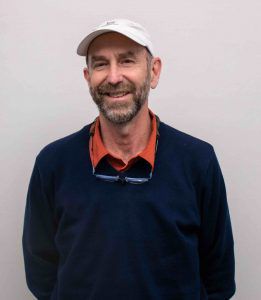
SS: “I wanted to save the Earth. I took part in the first Earth Day. I grew up in Brooklyn, New York, which was very urban. I discovered the green world through camping, hiking, and backpacking. I became very concerned about the environment and population growth, so I majored in Biology at Cornell thinking I would become an ecologist. I started to do work in genetics later at Cal, when I spent five years here. And then biotech developed really during my graduate school at Cal; biotech really became something. I said ‘what’s this?’ and then a professor job opened up at Oregon State, where I am now. I’ve stayed there 33 years. I’ve evolved towards molecular [biology] and biotech during my professor career. I’m always very interested in translational applications compared to just the fundamental science. I really want to see [technologies] applied out there in the field and not just in labs. The whole GMO thing blew up towards the middle of [my career], so for eight years, I was the director of an outreach program that gave broad, honest, truthful perspectives about [GMOs] to the public.”
MC: Who was your role model throughout your journey?
SS: “I saw one of them yesterday. He was a Cal professor, Bill Libby. He was my major professor, I was a TA for his course. He saw the importance of cloning, and in forestry at that time it was radical. He’s very articulate. He was a role model, I just saw him yesterday and we had lunch.”
MC: What are some challenges that you’ve faced throughout your career?
SS: “In 2001, my research was terrorized—ecoterrorism. A colleague of mine who I was working with had some genetically engineered trees in the greenhouse, and they burnt down half of his building. It was pretty radical, they actually went into his office and firebombed the office. A couple of months before that, I had some field plots and someone went in at night and cut down about 1000 little trees with a machete. It had no real effect on my research, but terrorism is terrorism, it freaks you out. It makes you worry about your personal safety. Then it got a lot of national press, most people who know me out of my field know me because of that. I’d rather be known for my science, but I’m the ‘guy who had his trees destroyed.’ I hosted an international meeting that summer as well. The FBI, the state… everybody was afraid that the conference would be firebombed. There were all these undercover police, it was crazy. That was a challenge—getting through that and keeping my perspective.”
MC: Why did ecoterrorists target your research specifically?
SS: “There has been a lot of that kind of thing in the GMO world. It has basically stopped field research in Europe. In the United States, after 9/11 they tripled down on terrorism and that included ecoterrorism. A lot of this [ecoterrorism] was very casual. It was influenced by the whole social context, they figured that Monsanto was controlling the universities, the professors are all drones. And Greenpeace more or less behaves like that, it’s not just a few crazies, it’s very organized; there’s a lot of money, a lot of public relations from the anti-GMO side. I never expected that. I was a member of all the environmental groups, including Greenpeace, until I realized that some of them have ethics and a knowledge system which is fraudulent. So that was a big shock in my life, to find myself on the other side of these organizations that I thought were the good guys—to find out it’s much more complicated.”
MC: How did you come to work on the project that you are going to talk about in the seminar lecture?
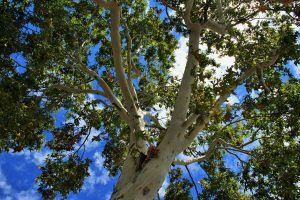
SS: “One of the big issues in terms of the public and regulatory acceptance of GMO anything—particularly a tree—is gene flow. Is it ethically acceptable to have a foreign gene, a modified gene, become part of the evolution of a wild species? Of course, we do that in agriculture all the time, but it has much bigger scrutiny in the GMO world. There are also some genes that you don’t want to get out for common sense reasons, like if you have an herbicide resistance gene, then you also create a weed that’s harder to manage. It doesn’t make sense to do it unless you have some way to manage it. We figured [management] was doable, if we could sterilize a species where the seeds and pollen don’t have ecological value, and propagate it. We were working on developing tools, when gene editing came along, and it was more predictable, more precise, and more stable. There are other ways to make sterile plants, but it’s never 100 percent, and we figured we needed 100.00 percent. If you remove the critical genes for flowering, you’ve got a good chance of being able to do that. The certainty, the predictability and the elegance of gene editing—I’ve been waiting for it my whole career—is just wow. It allowed us to do this containment that we never thought we could do as well.”
MC: What do you hope to achieve with this project?
SS: “The project is really to demonstrate, in the field, that we have very stable genetic containment. And hopefully [demonstrate] to the point that somebody sees fit to use it and society and the regulators say, ‘this really works, you can come up with better wood for biofuels and we don’t have to worry about [gene flow].’ At some point, I would like to use synthetic biology to make new high value chemicals, et cetera. And you can’t really do risk assessment on that, it’s too new, but if you shut down reproduction you don’t really have to do too much risk assessment. My hope, I don’t think I’ll see it in my lifetime frankly, but my hope is that the technologies that I help to develop really enable much more innovation within regulatory and public acceptance.”
MC: What are the main concerns that the public has about your area of research? How do you address these concerns?
SS: “There are no easy answers. Things have gotten worse throughout my career. The fake news phenomenon, the growth of outside and inside parties: these are companies that get great value from GMO-free labels. The public part of it is really difficult, there are no short-term answers, I just think it’s going to be messy. Maybe it’ll stay messy forever and will just become something that society has to manage. I’m an educator so I just try to speak the truth to the public and whoever wants to listen. Countries, like Russia, they did some fake news social media against GMOs in the United States, to sow discord and increase their trade leverage. And then you have organizations like Greenpeace and Whole Foods, who benefit from it—there’s a lot of money in it. It’s not just evil corporations and countries, it’s also that people are naturally predisposed to worry about this. Risk perception, it’s hidden, it’s secret, there are often chemicals involved. It’s got all these things that make it a really difficult problem.”
MC: What is something that you do a lot that people wouldn’t necessarily expect?
SS: “I’m a runner. I’ve been running for over 40 years. My college has a college forest, about 20,000 acres, full of mountain bike and running trails. I run all the time for mental health, and it’s not bad for my body. I referee soccer games. I love that, I love the challenge of it. You’re arbitrating very difficult, tense situations. I play guitar a little bit. And then I drink beer. Love the craft beer revolution.”
MC: If you could describe yourself in three words, what would they be?
SS: “Manic, I’m famous for scheduling five things end to end, or three things at once. Extrovert, that goes with that. Humorous, my wife and I are laughing three-quarters of the time. We both like to [see] the world and ourselves in a humorous light, as a way to survive it all.”
MC: What advice would you give your younger self?
SS: “Don’t take everything so seriously. Have the wisdom to know what you can and cannot change. It took me a while to realize how small I am as a scientist and teacher, I have very limited influence. My ego says, ‘no I’m going to change the world.’ You know you change what you can, you change one mind at a time, and you have to be open to change, you have to listen.”
You may also be interested in
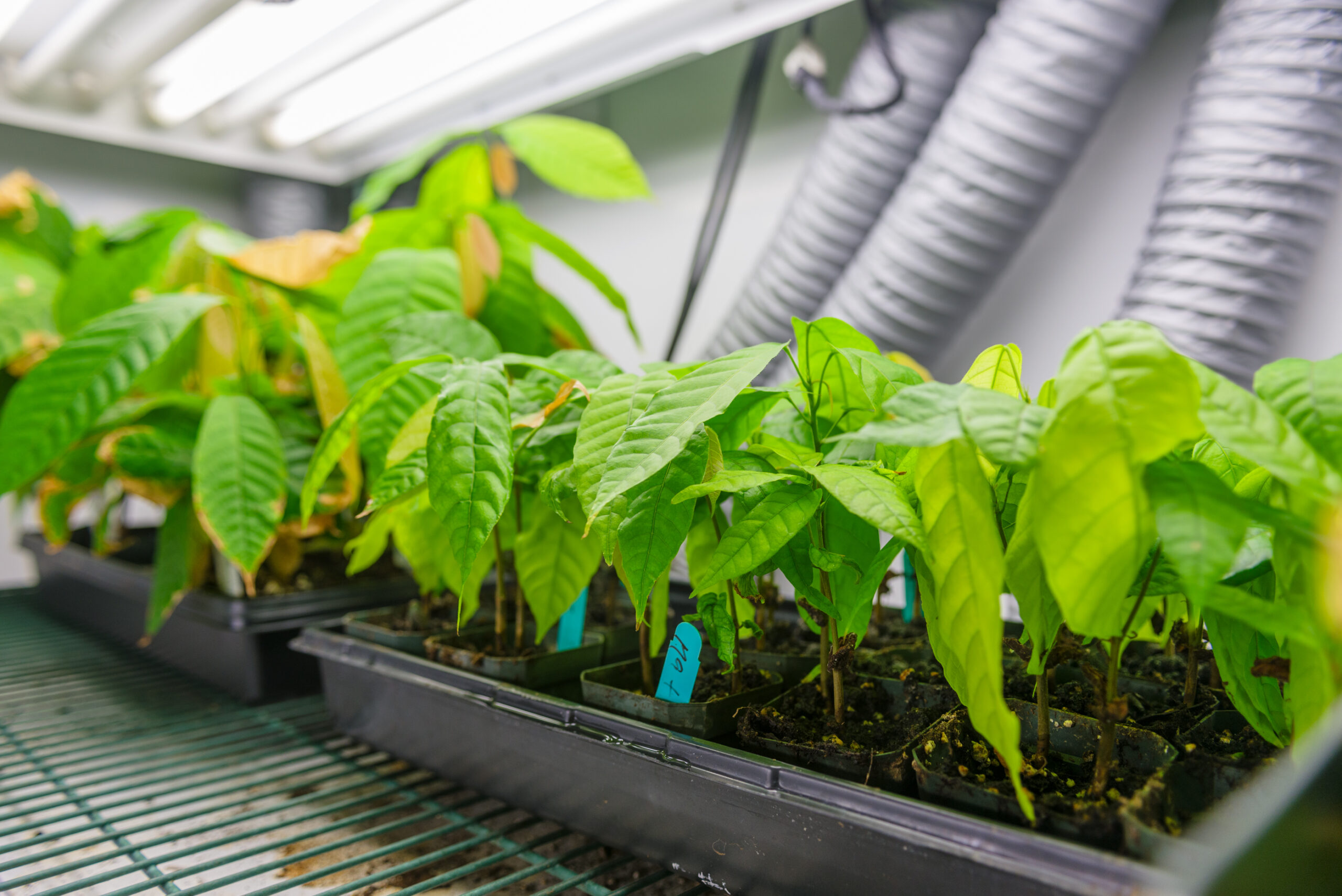
Wolf Prize Laureate Brian Staskawicz on 40 Years of Plant Immunity Research
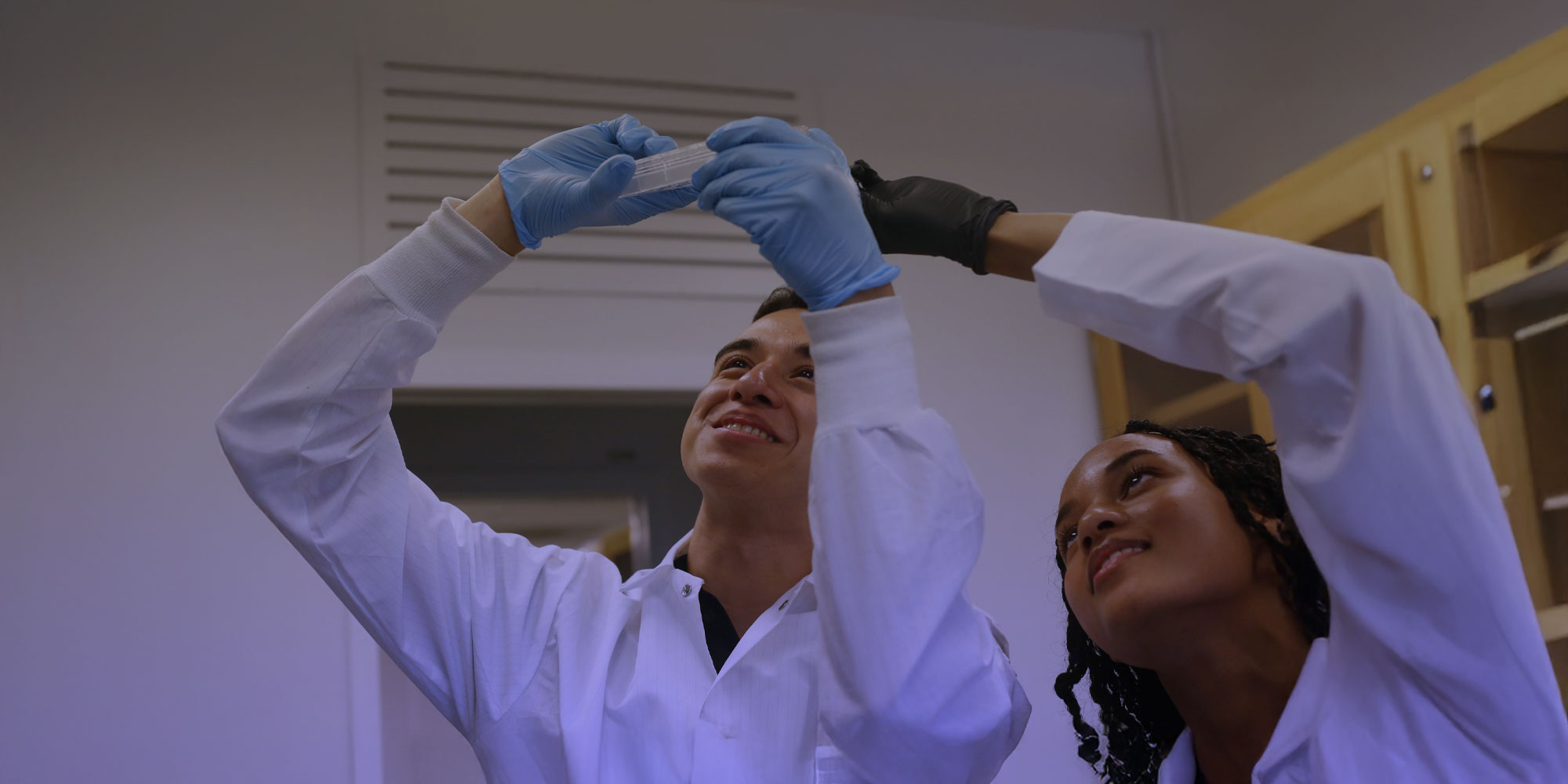
Announcing the Rising Stars Program: A New Collaboration Between the IGI and Historically Black Colleges and Universities
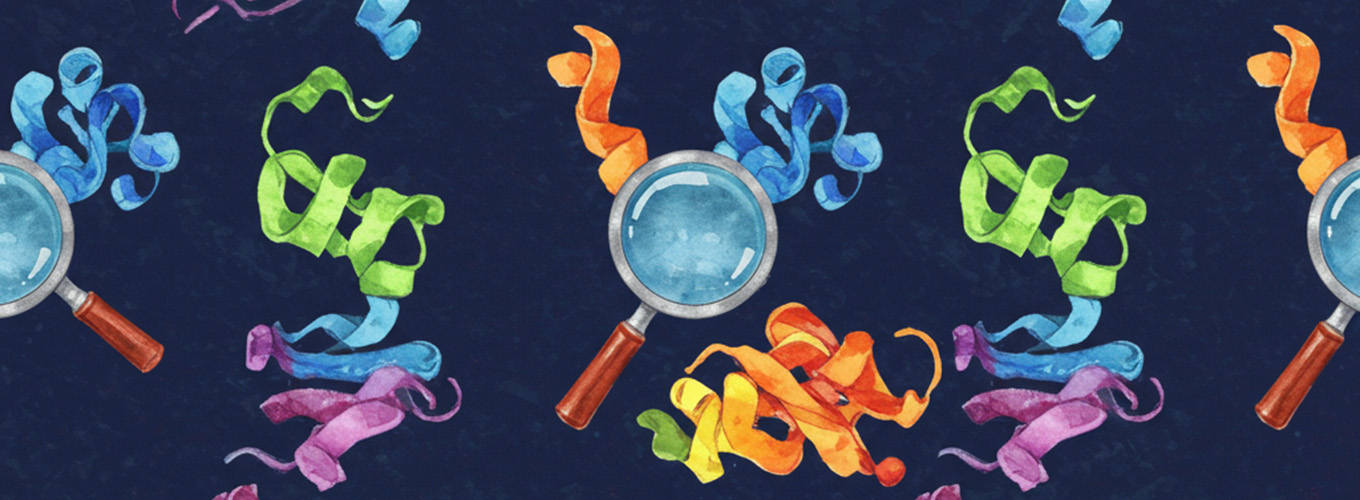
Breakthrough Method Enables Rapid Discovery of New Useful Proteins
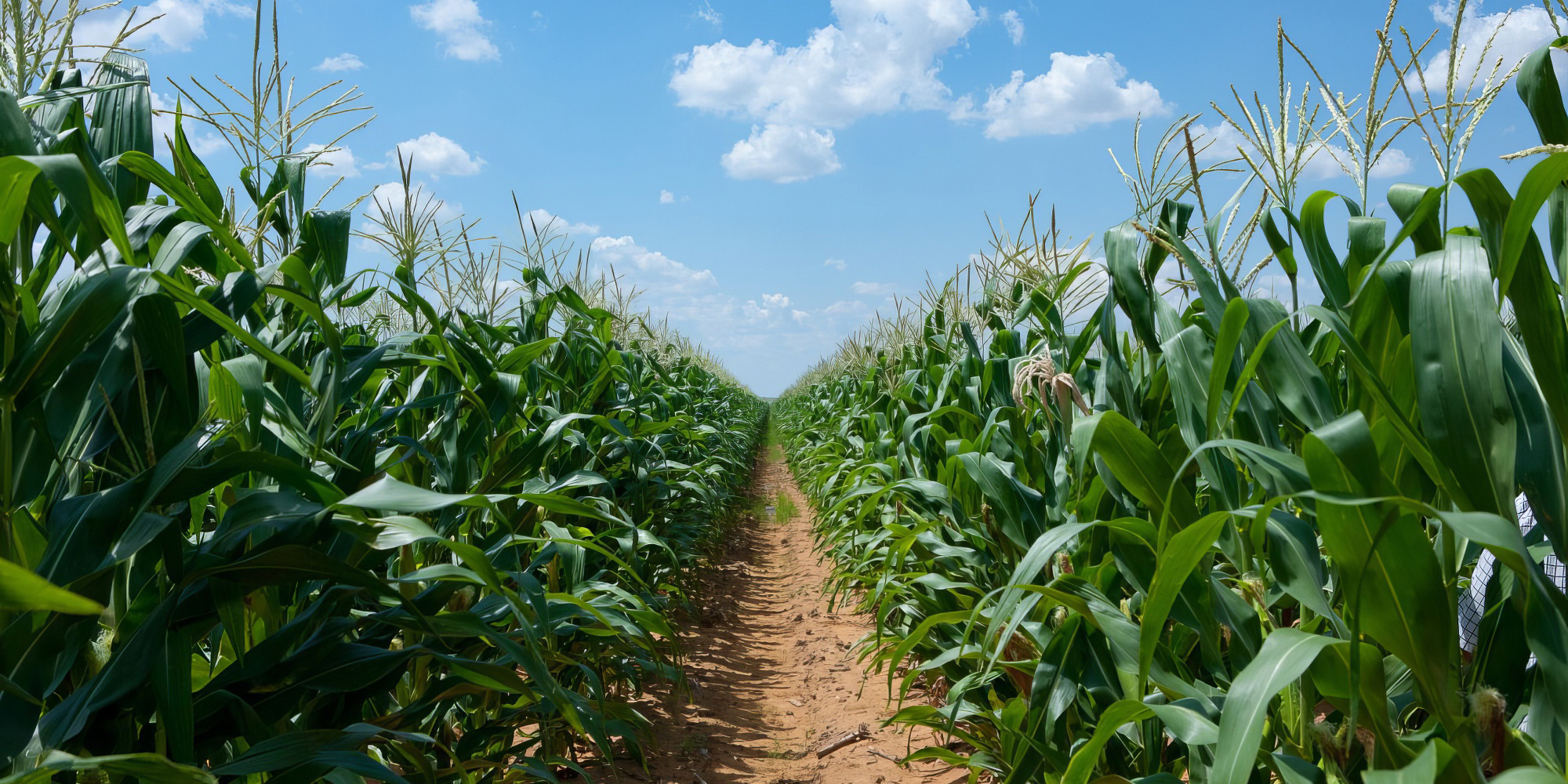
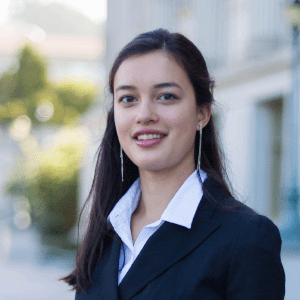 By
Mira Cheng
By
Mira Cheng